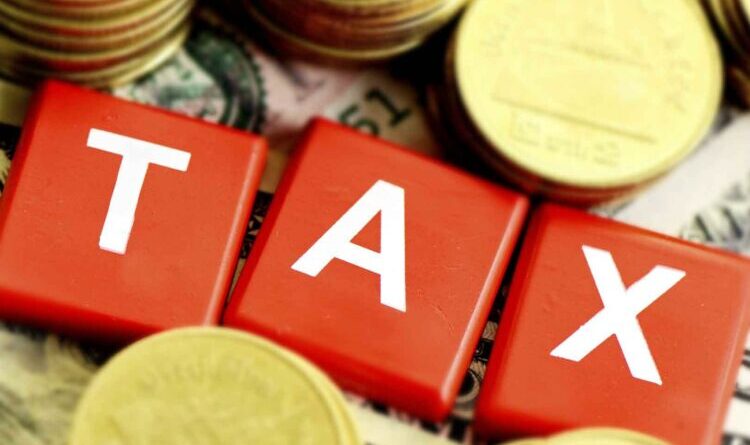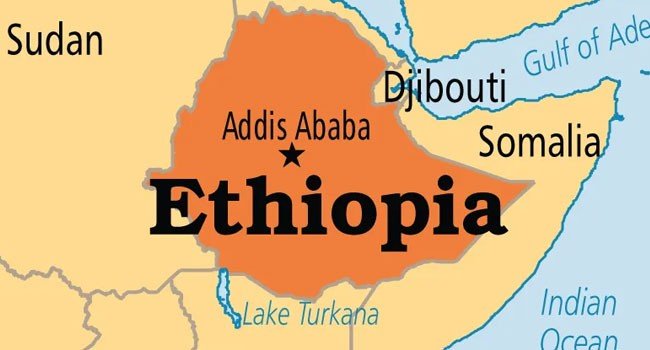FG Proposes 25% Tax for Nigerians Earning Over ₦100M
If the National Assembly passes a new tax bill, Nigerians earning ₦100 million or more per month will be subject to a 25% personal income tax.
This was stated by Taiwo Oyedele, Chairman of the Presidential Fiscal Policy and Tax Reforms Committee, during a breakout session at the ongoing 30th Nigeria Economic Summit, which was organized by the Nigerian Economic Summit Group and the Ministry of Budget and National Planning on Monday in Abuja.
According to him, 90% of existing taxpayers are individuals who should not be taxed.
He campaigned for a more efficient and equal taxation system in the country.
Oyedele underlined the importance of striking a balance between lowering the tax burden on low-income earners and ensuring that the wealthiest contribute more to government revenue.
If you earn N100 million every month, we take up to 25% from the wealthy. “That is because we need to balance the books,” Oyedele explained.
He stated that the government is prepared and determined to ensure that the appropriate individuals pay taxes, and that his committee is actively working to achieve this aim.
He noted that the proposed amendments are scheduled to take effect in January 2025, assuming the bill is passed by lawmakers.
The reforms also aim to reduce the tax burden for enterprises.
If you earn N100 million every month, we take up to 25% from the wealthy. “That is because we need to balance the books,” Oyedele explained.
He stated that the government is prepared and determined to ensure that the appropriate individuals pay taxes, and that his committee is actively working to achieve this aim.
He noted that the proposed amendments are scheduled to take effect in January 2025, assuming the bill is passed by lawmakers.
The reforms also aim to reduce the tax burden for enterprises.
Oyedele revealed that middle-income individuals earning N1.5 million or less per month will have their personal income tax requirements reduced, while those earning more would see their tax rates gradually increase, finally reaching 25%. Lower-income earners would be completely exempt from personal income taxes.
Oyedele stated: “Today, whatever VAT you (companies) pay on assets—whether you’re establishing a factory, purchasing a laptop, or vehicles—you suffer it. This increases your costs, hence your pricing will rise. Once our reforms are implemented, you will receive 100% credit for services and assets.”
People will pay taxes once we determine they have to. “What we’ve discovered is that nearly 90% of those who pay taxes should not have been paying in the first place,” he stated.
“So that’s how we arrived at the conclusion that 97% of the informal sector should be formally excluded from taxes. People don’t get where we’re coming from. They are not the ones that pay taxes. They’re only trying to survive.”
He also stated that inflation had already functioned as a “disorderly” tax on the public, degrading the value of their currency without the need for law.
In response to concerns about tax incentives and waivers, Oyedele claimed that indiscriminate rewards harm the economy and that eliminating needless incentives might benefit the business sector without losing the government money.
“We cannot provide all of the incentives you have requested. We believe that removing these incentives is the most obvious solution, and that is precisely what we are doing,” Oyedele stated.
Additionally, the corporate income tax rate is set to drop from 30 per cent to 25 per cent which Oyedele described as “huge” for businesses. Other significant tax adjustments include a reduction or elimination of VAT on essential goods and services such as food, health, education, accommodation, and transportation.
These essential services make up a large portion of household expenditure for the lower-income population, and the proposed reforms aim to lessen their financial burden.
However, Oyedele admitted that not all industries would profit from lower tax rates. The VAT rate would be increased for other goods and services in order to keep the government’s income book balanced.
Regarding how his committee is working to ensure that the proper people pay taxes, Oyedele stated that the team will use main data identification channels to accurately place the appropriate group of taxpayers in the tax bracket.



